Reasons to Have a Pulse Oximeter at Home | CMI Health
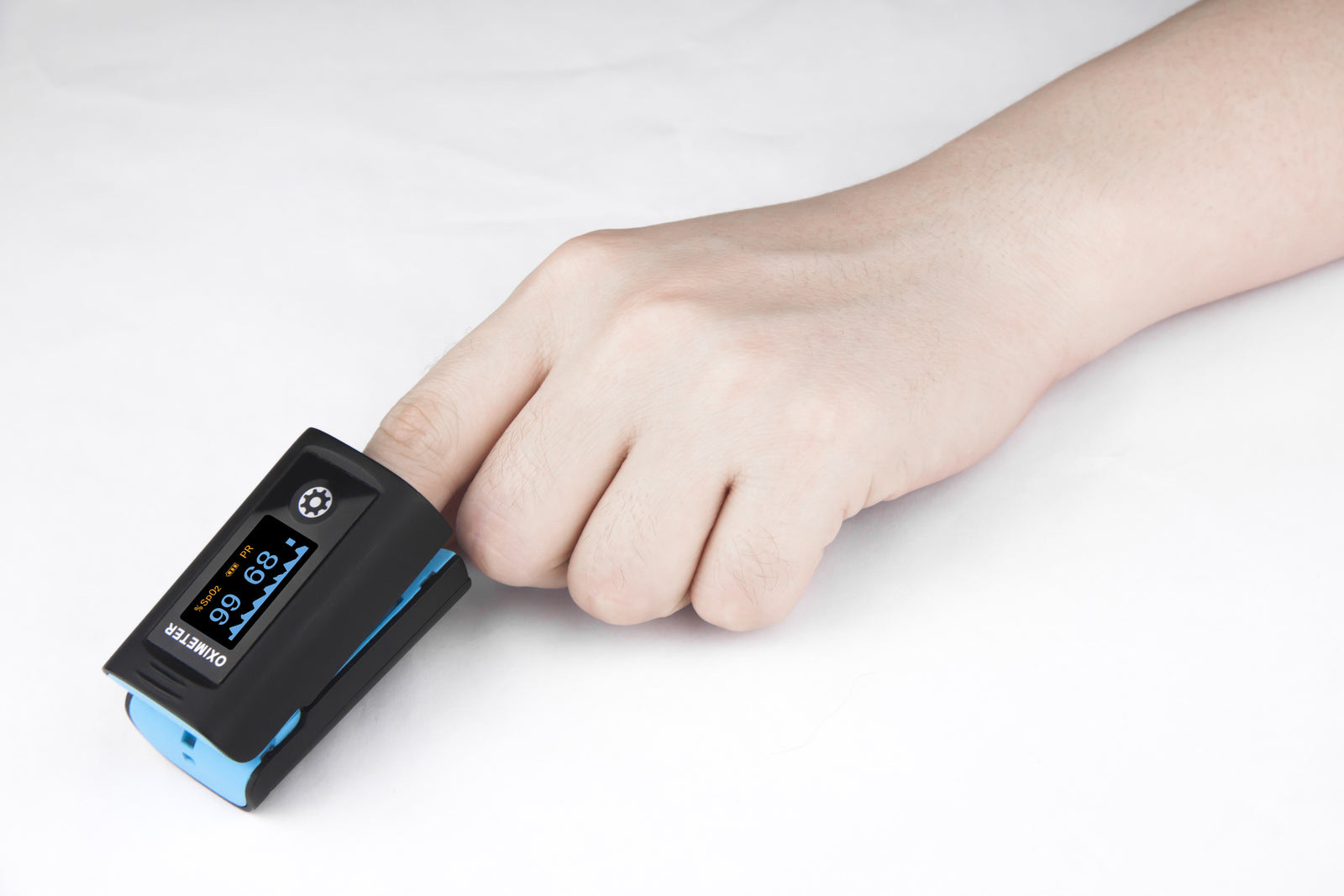
The primary function of our red blood cells is to transport nutrients and oxygen molecules efficiently throughout the body to keep each of our cells alive. As such, detrimental effects arise when a person’s blood oxygen levels begin to lower, and they develop hypoxemia.
Medical professionals need to be aware of this occurring, as do the patients themselves. Pulse oximeters are medical devices used to measure an individual’s blood oxygen saturation and check the rhythm of their pulse. Having one nearby could be critical to maintaining optimal blood oxygen levels for those who live with a health condition that needs to be consistently monitored.
Covid-19 has also changed the way people shop and take safety precautions. Now more than ever, people are living remotely and making these safety precautions for themselves, from buying toilet paper, wipes, masks to thermometers. Pulse oximeters are a great addition to this safety kit.
Read on to learn the reasons to have a pulse oximeter at home and how it can help you take control of your health.
Access to Real-Time Health Information
Handheld pulse oximeters provide a person with quick and accurate information about their current vitals. This is particularly useful if you need to track these numbers and take regular stock of how your oxygen levels rise and fall throughout the day. Whether you already suffer from a preexisting condition or want to monitor the welfare of your newborn, these devices are noninvasive and easy to use in everyday life. They’re also compact enough to be stored in limited space.
Home Treatment Options for Certain Conditions
If you do suffer from certain cardiovascular or respiratory illnesses, pulse oximeters are present great benefits throughout your treatment. Those with asthma or COPD often have a targeted blood oxygen level to maintain in order to ease their symptoms. Because of this, your doctor may recommend getting one of these devices to best keep track of your oxygen concentration and adjust your lifestyle accordingly. This, along with a detailed treatment plan from your physician, can help increase the amount of oxygen flowing through your blood and minimize the effects of your condition.
Provides Accurate Readings and History for Doctors
Another important reason to have a pulse oximeter at home is that they also help keep your doctors informed on your overall health. If you undergoing treatment, it’s common for physicians to have their patients keep a detailed record of their pulse and oxygen levels at different times throughout the day. These records help identify trends in low oxygen levels and allow the doctor to center their advice around real-time information. Certain pulse oximeter models even allow you to automatically transmit your readings to your doctor so that they always have the most recent data on your condition.
Monitoring Covid-19 Symptoms
If you’re:
- Coughing
- Have a fever
- Short of breath
- Have anxiety
It’s recommended you invest in a Pulse Oximeter. Shortness of breath, a symptom of Covid-19, indicates low oxygen levels. But with a Pulse Oximeter, you can avoid these future problems, such as worsening your symptoms and ending up on a ventilator in the hospital. With a Pulse Oximeter, you can monitor your oxygen saturation levels at home. Keeping this essential tool on hand will also ease unneeded anxiety.
Interested in purchasing your own Pulse Oximeter? View our collection of easy to use, clinical grade monitoring devices here.




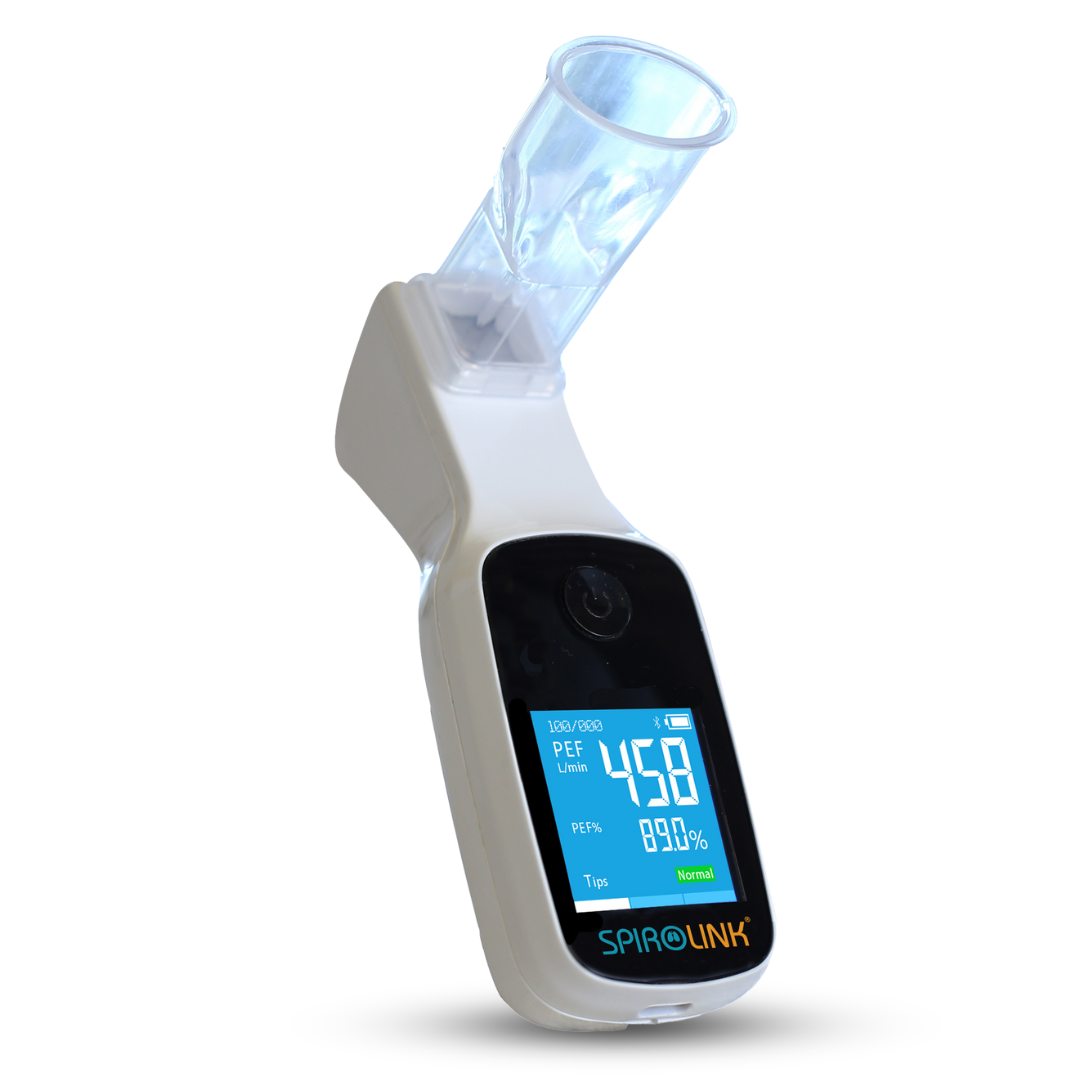
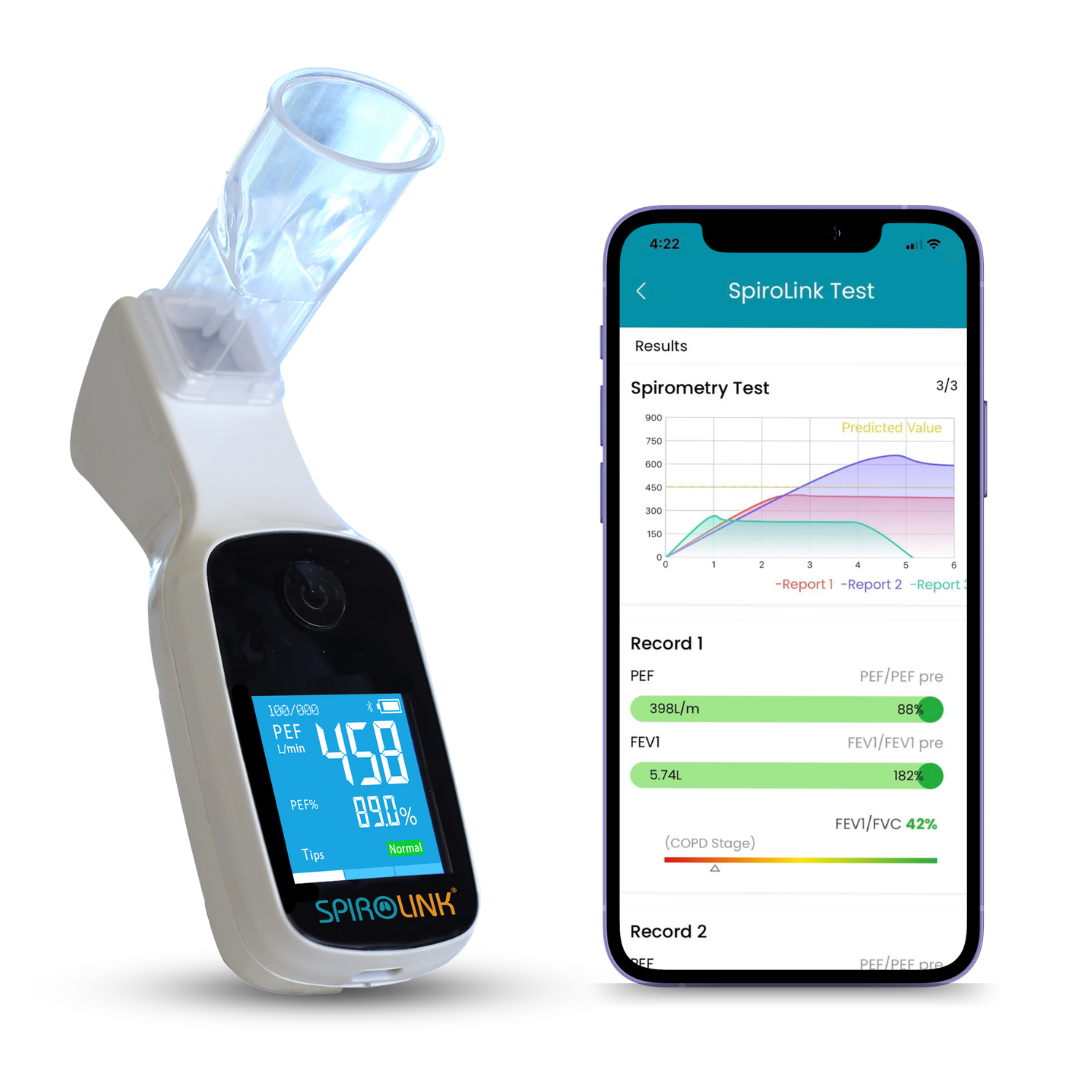
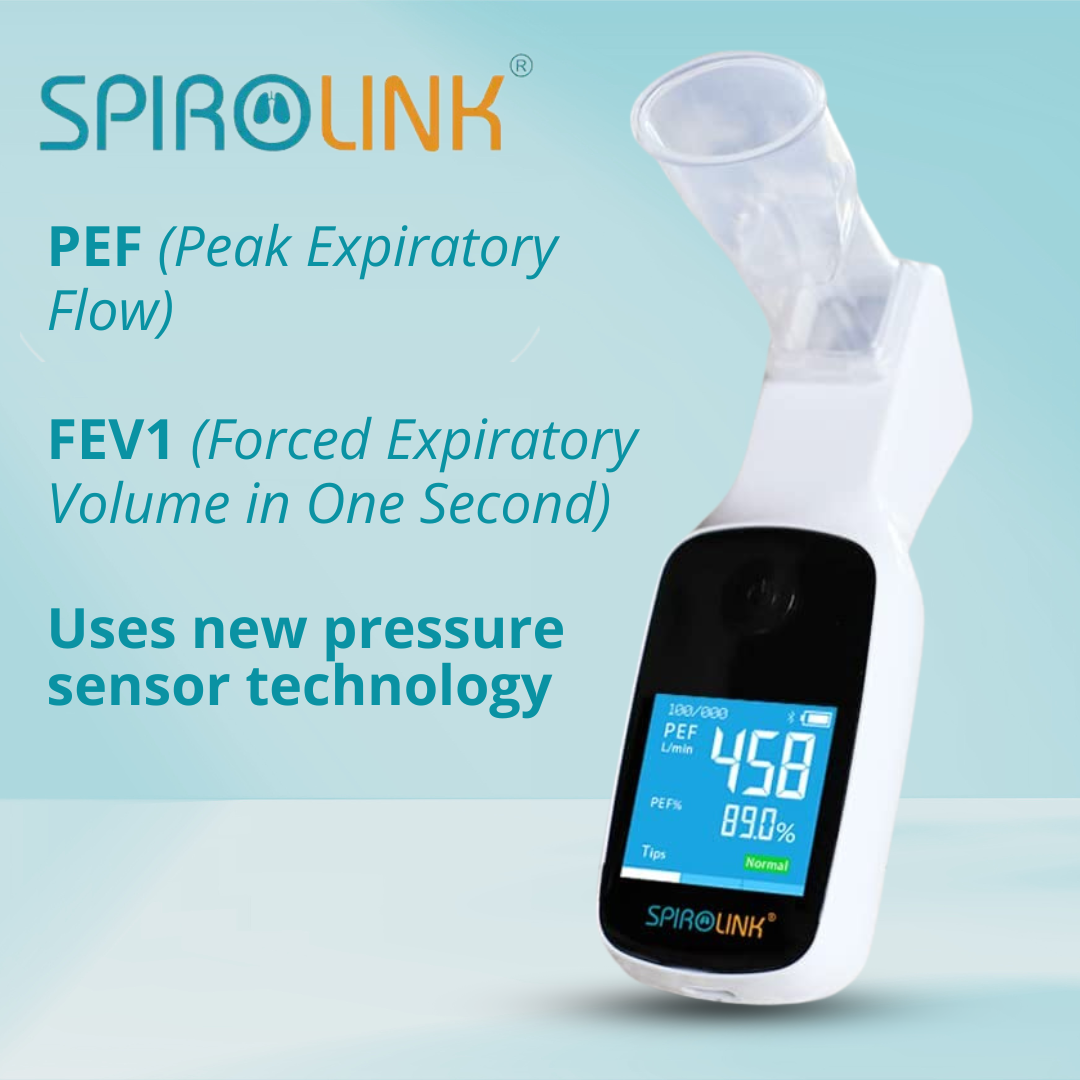

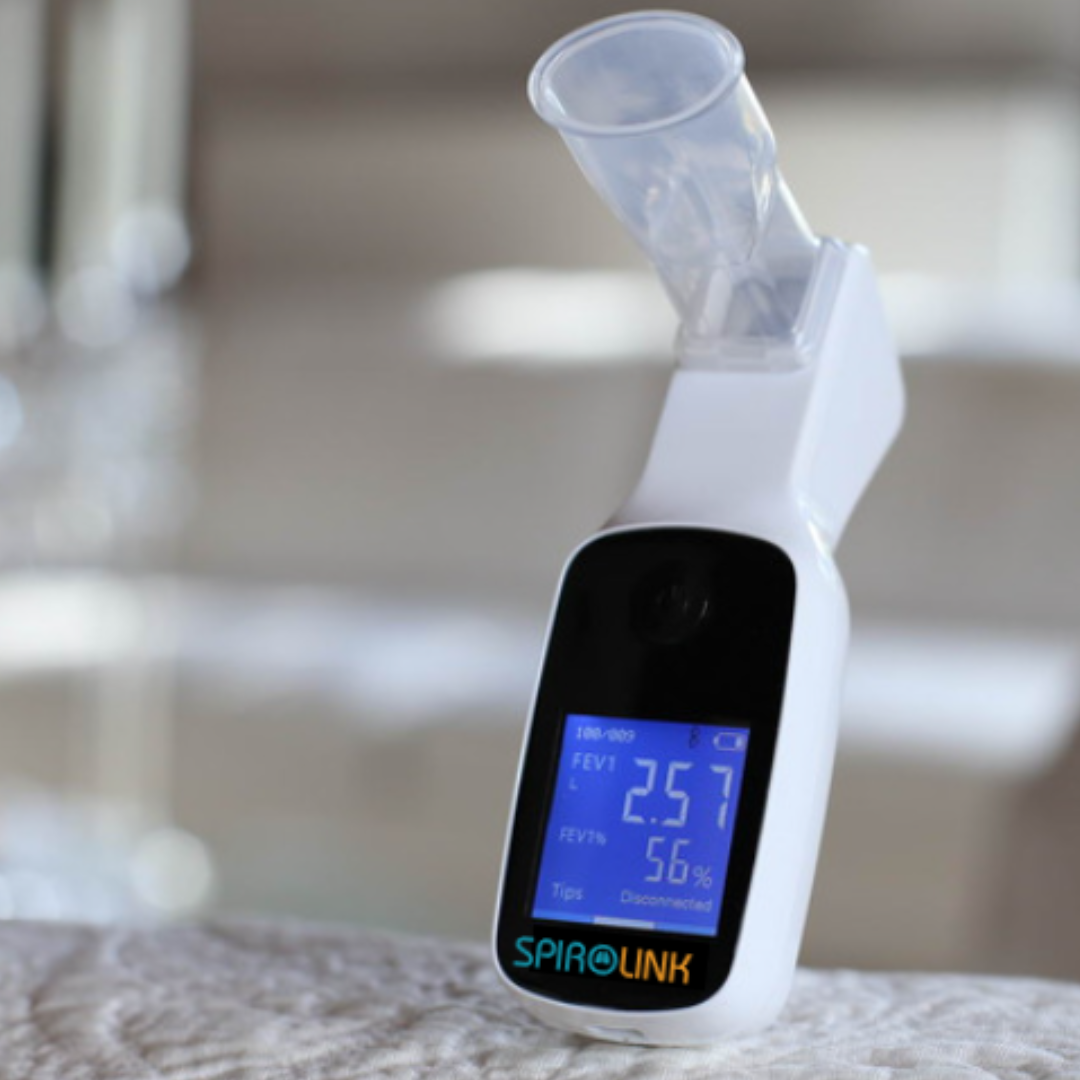
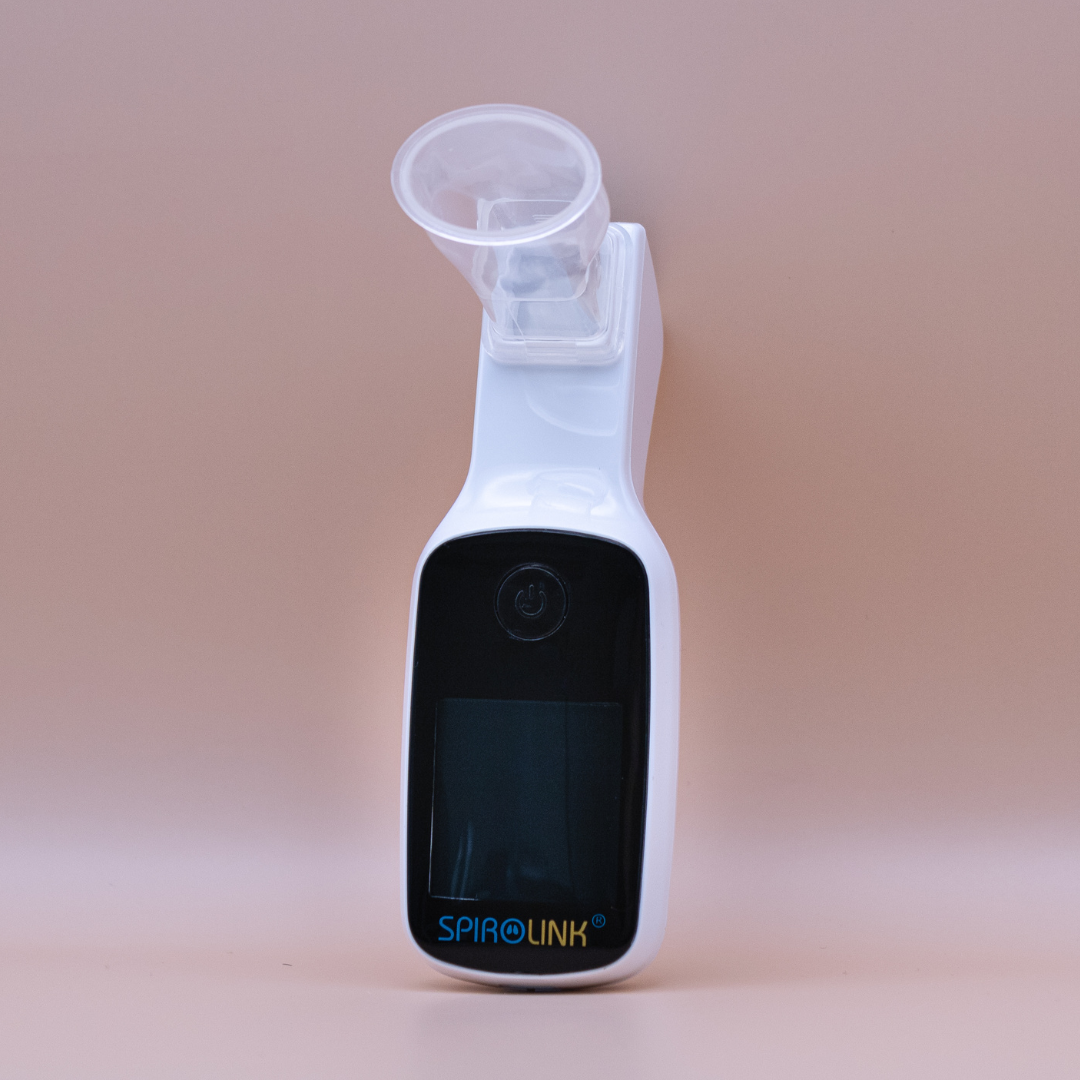

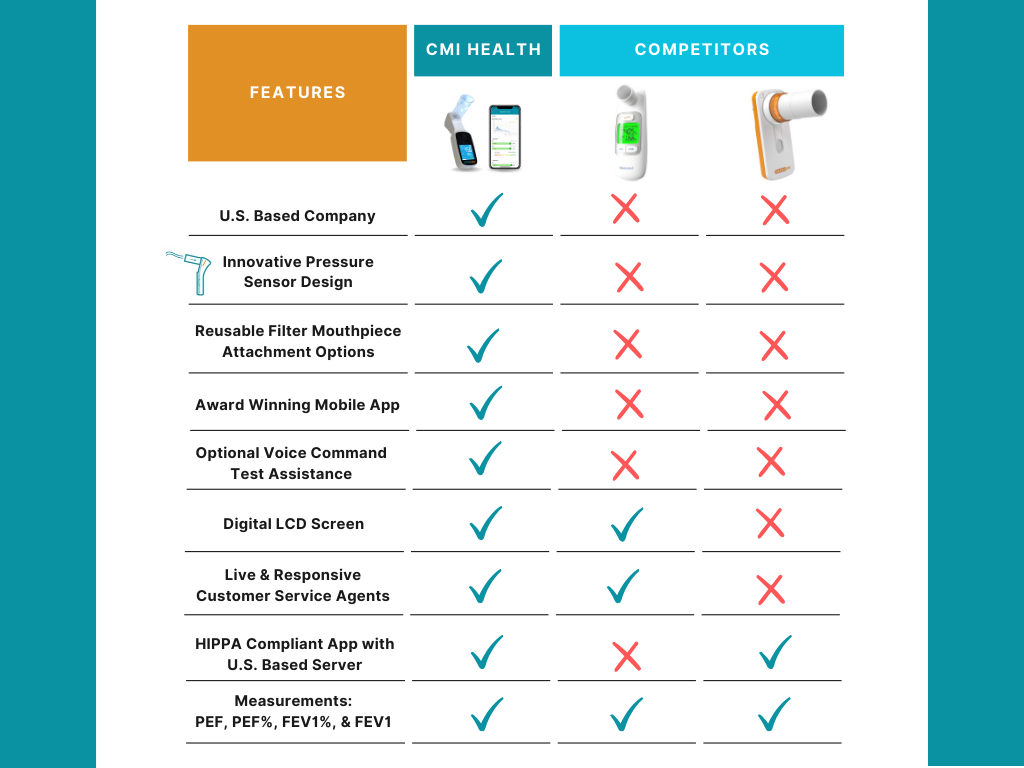
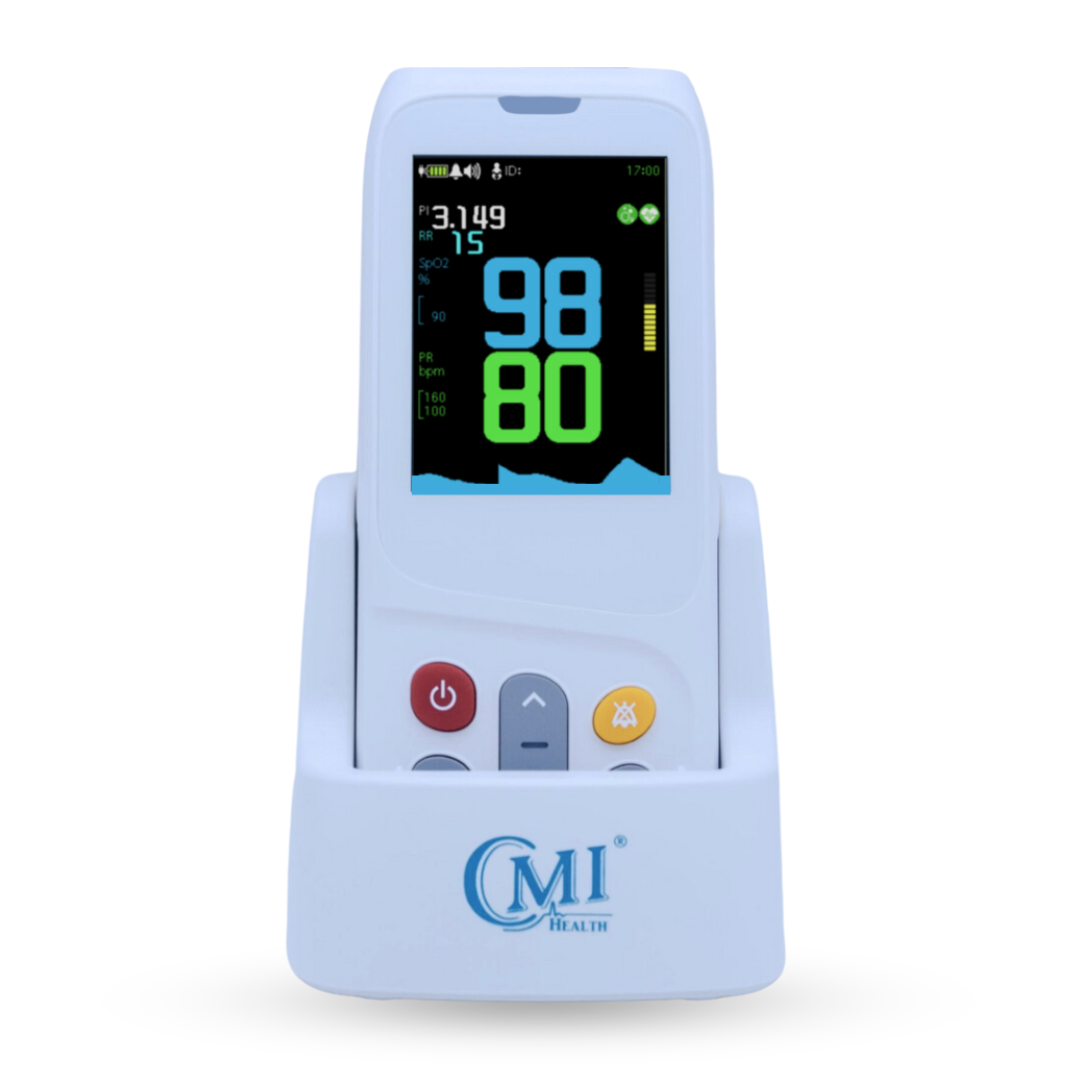
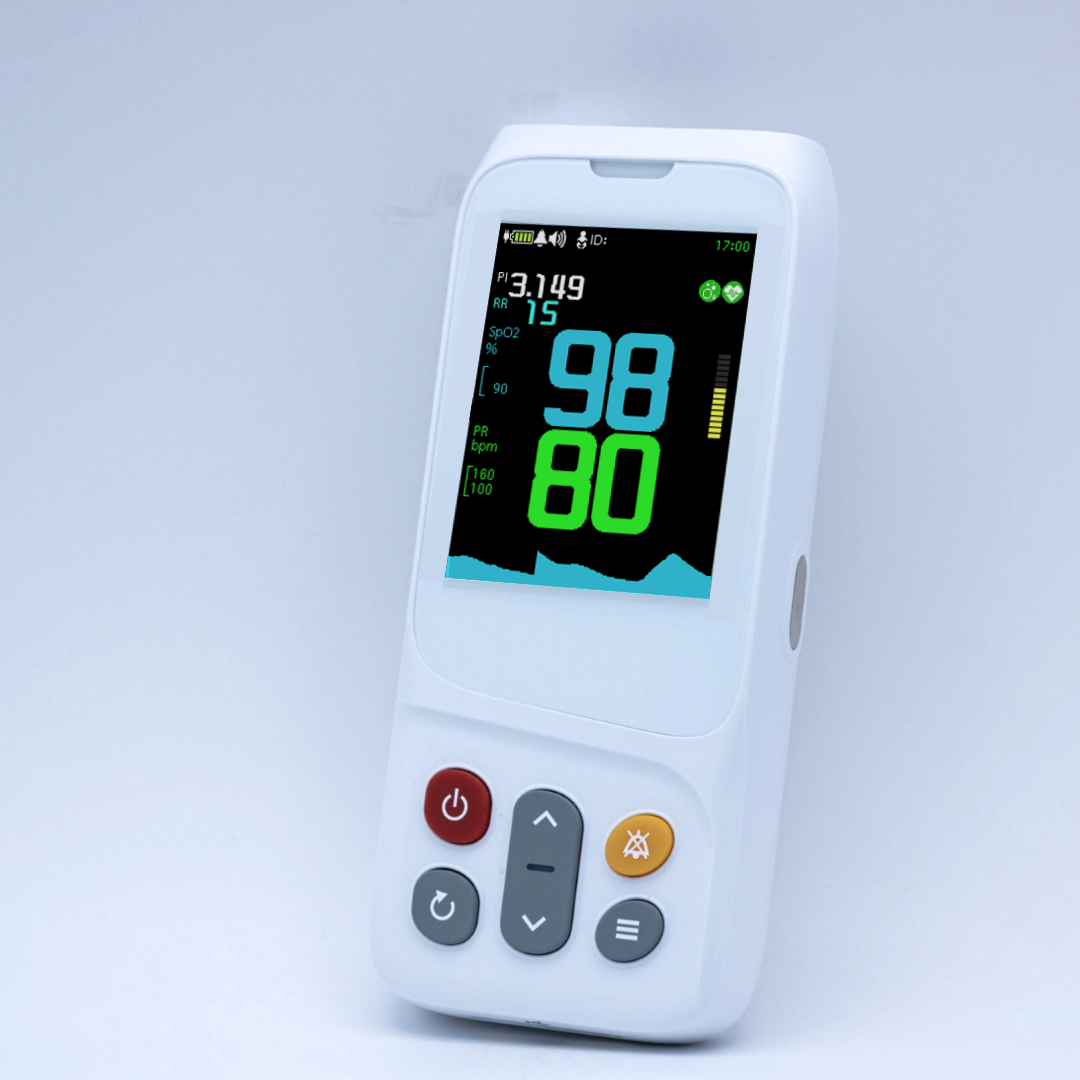
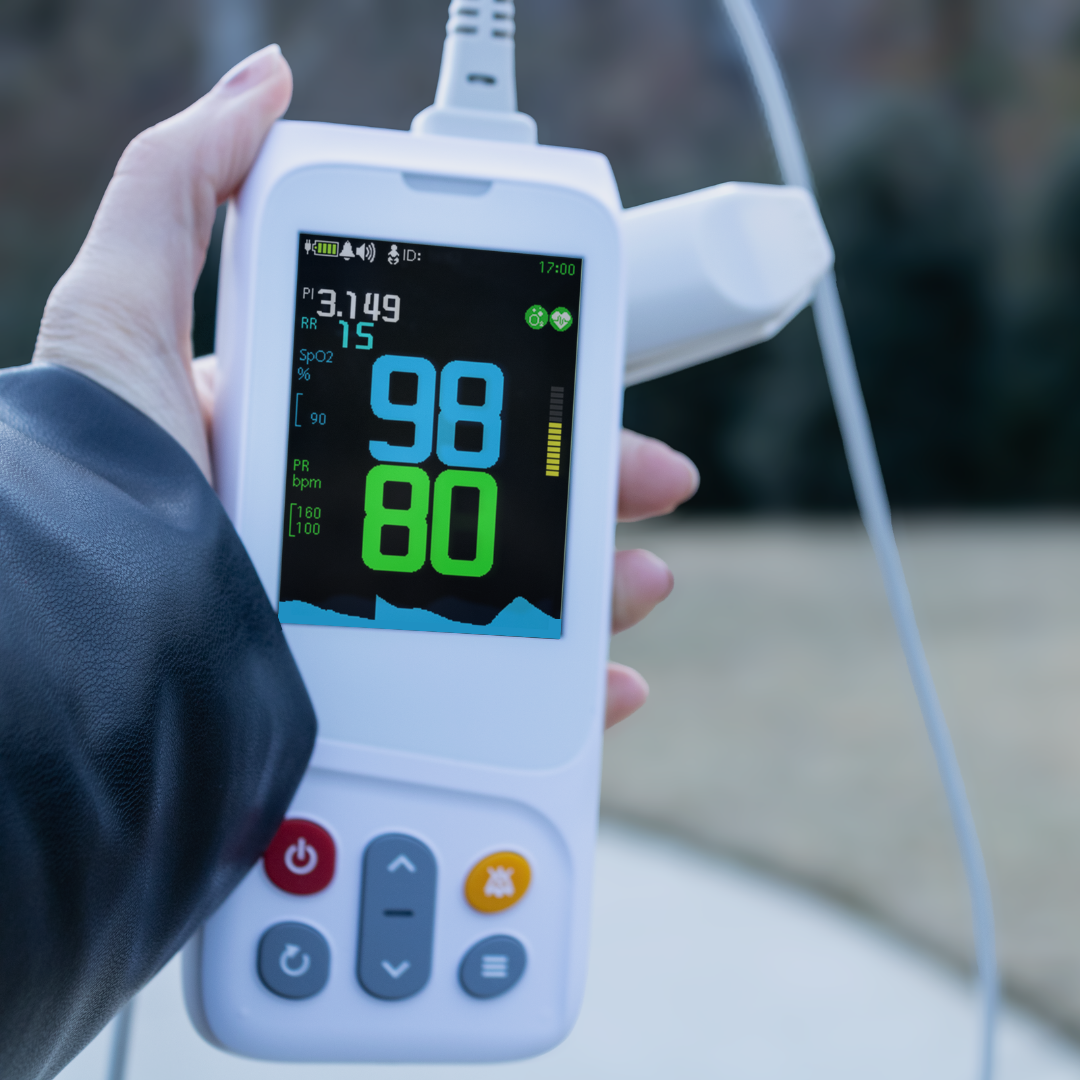
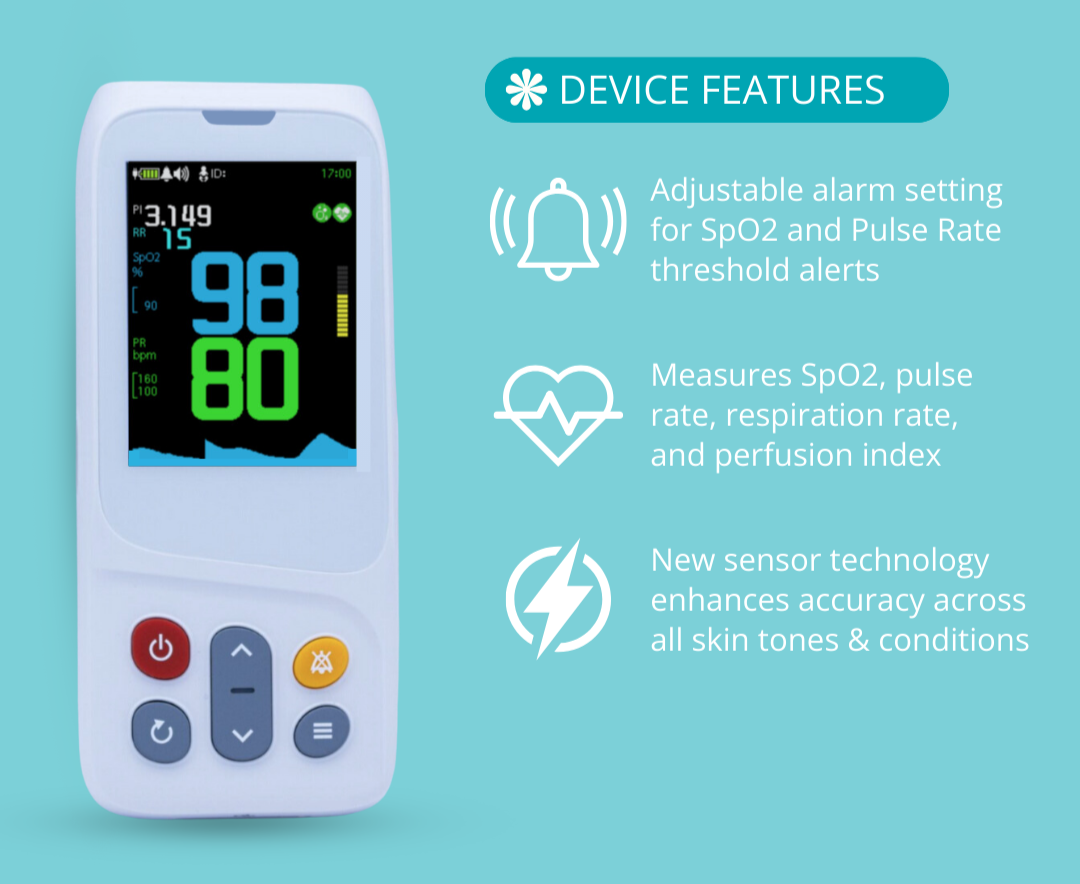
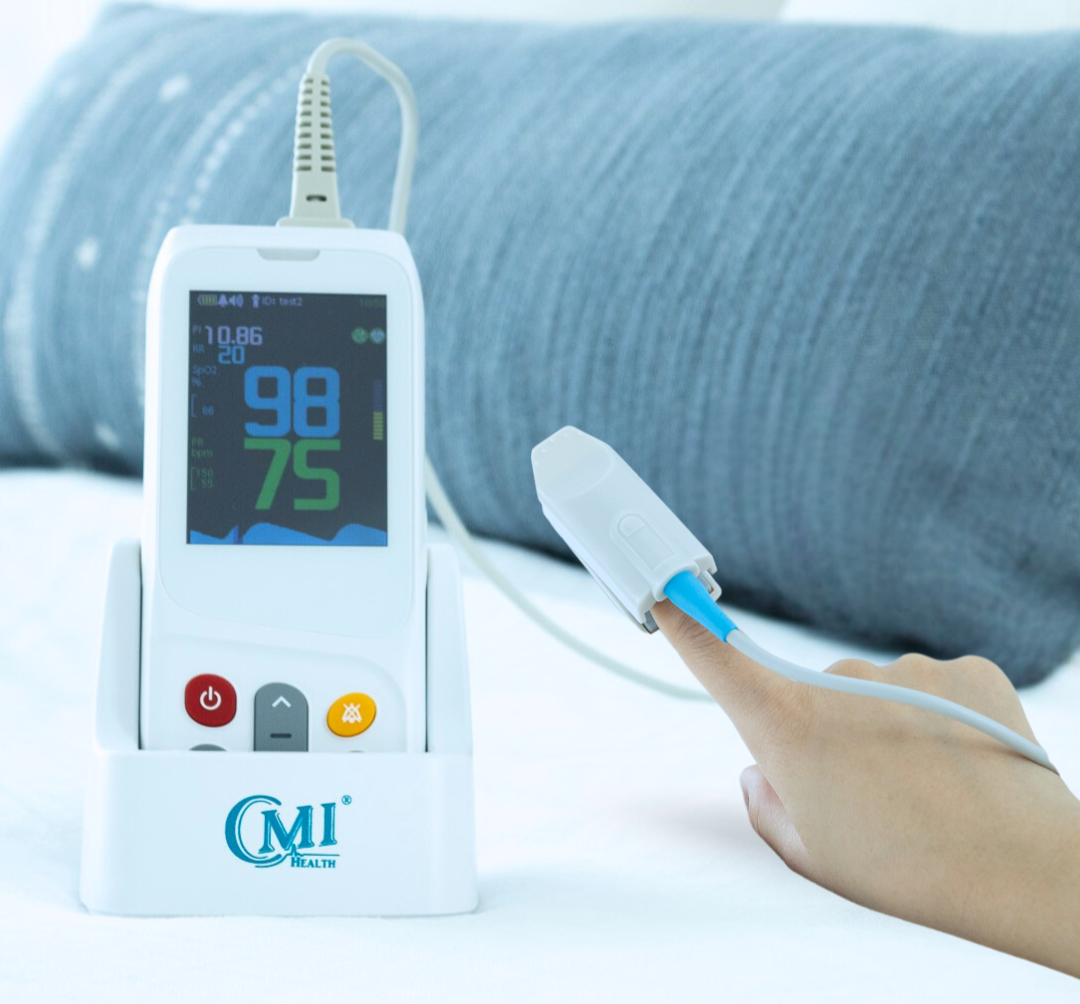
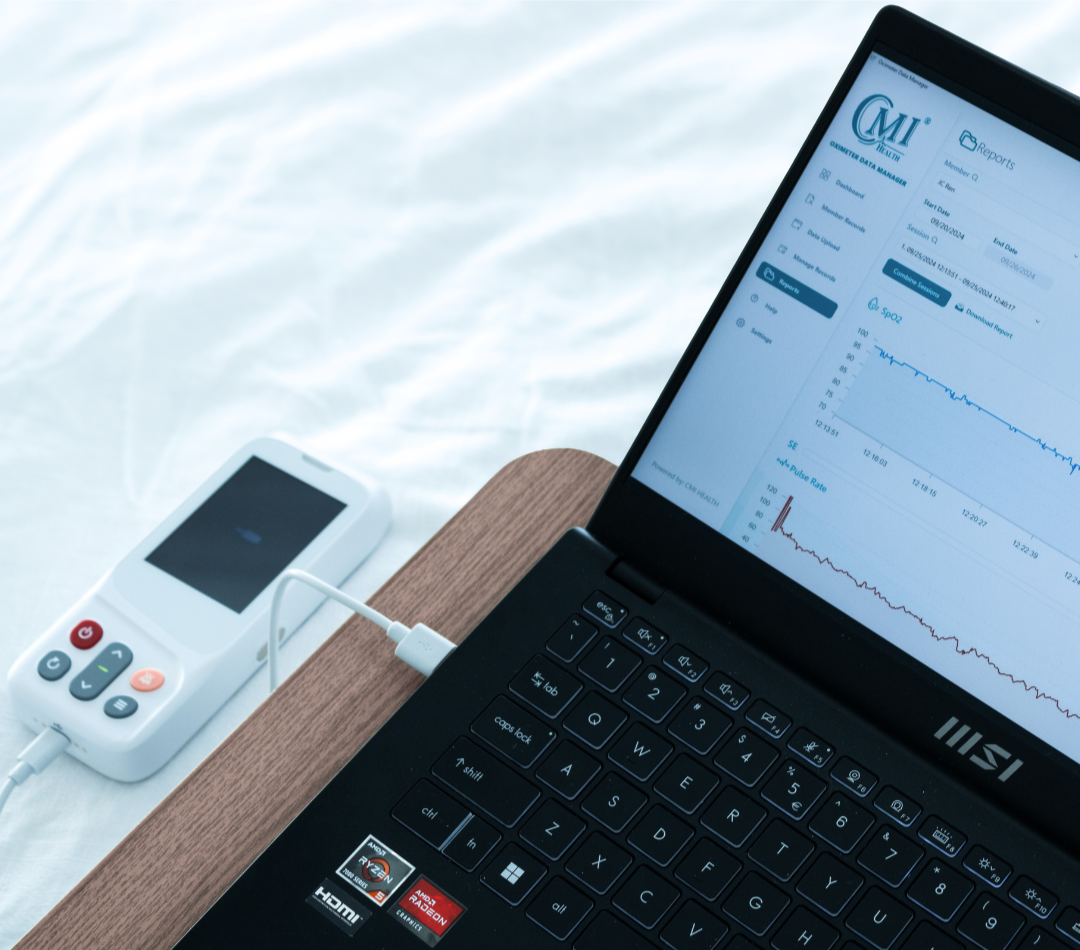
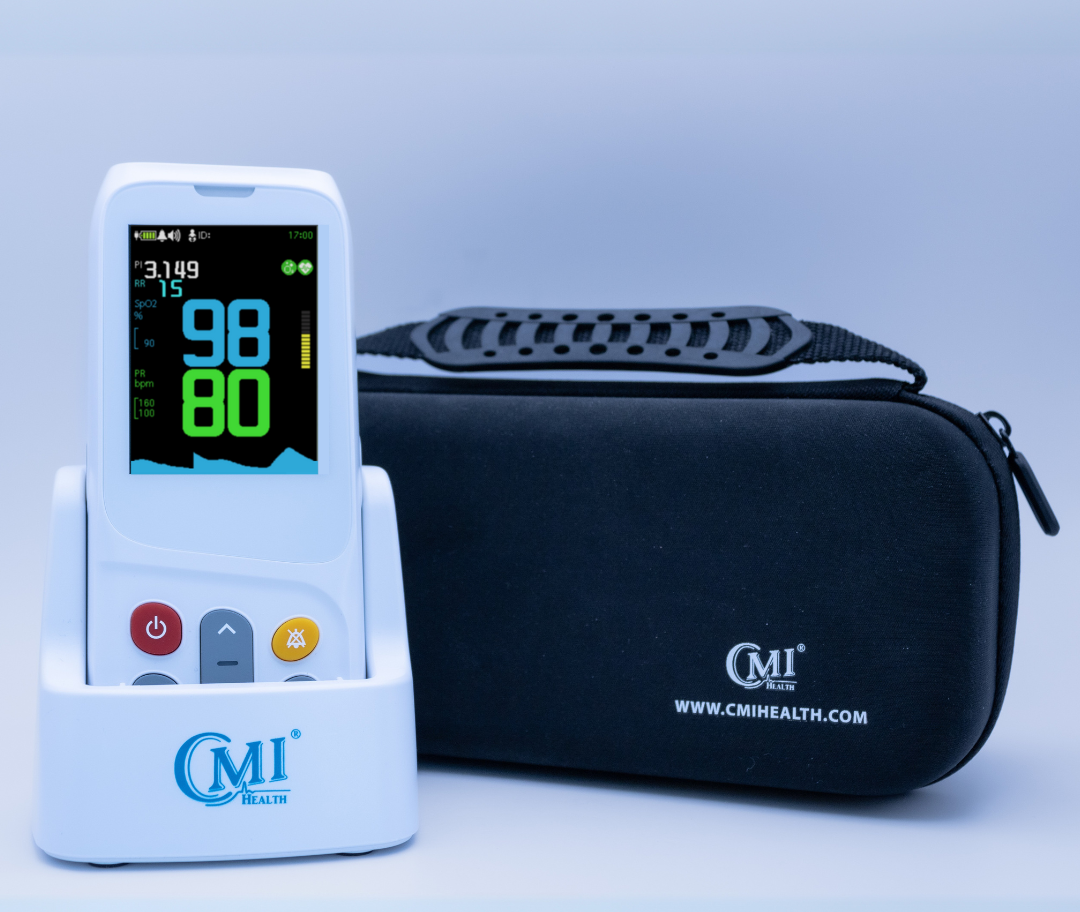
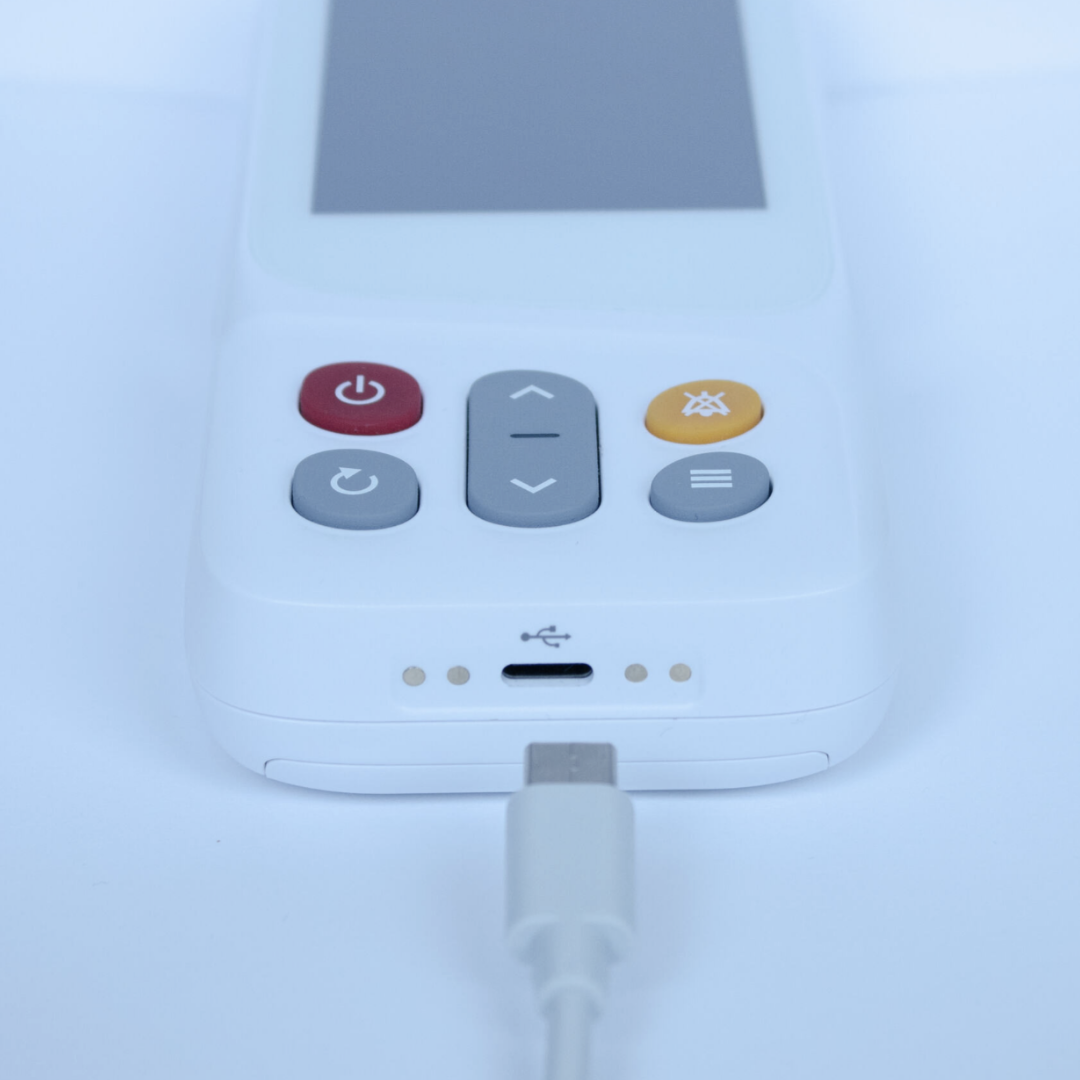
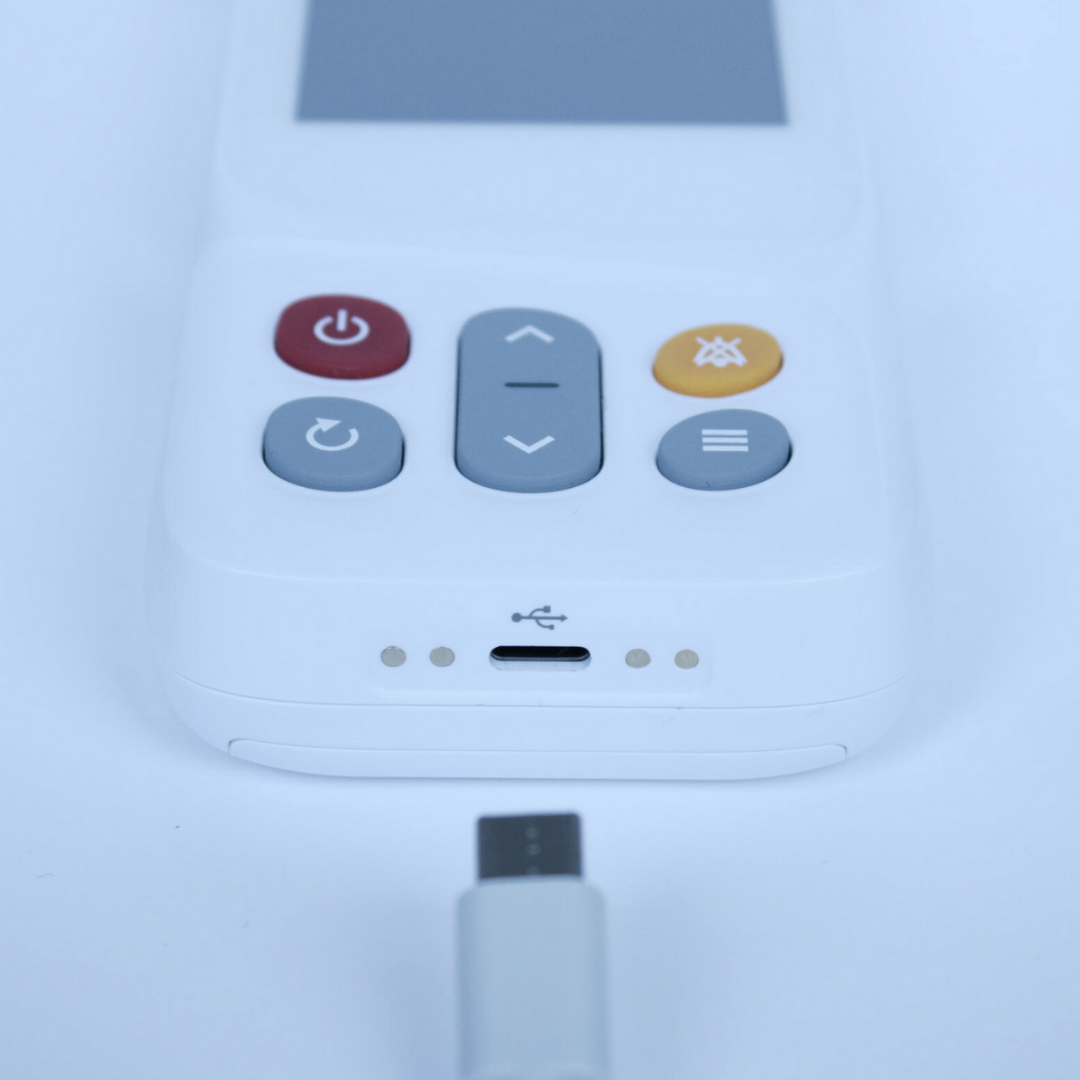
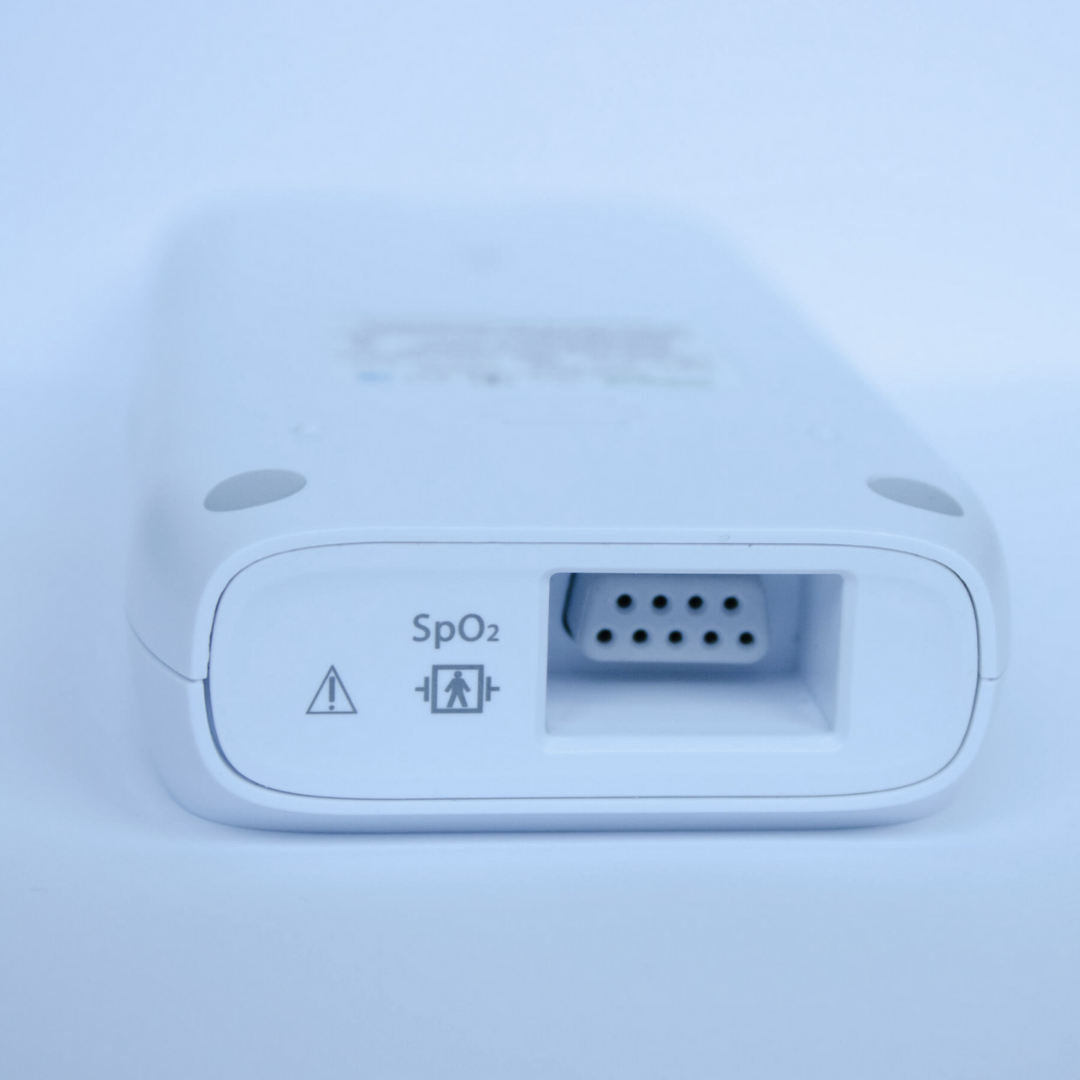
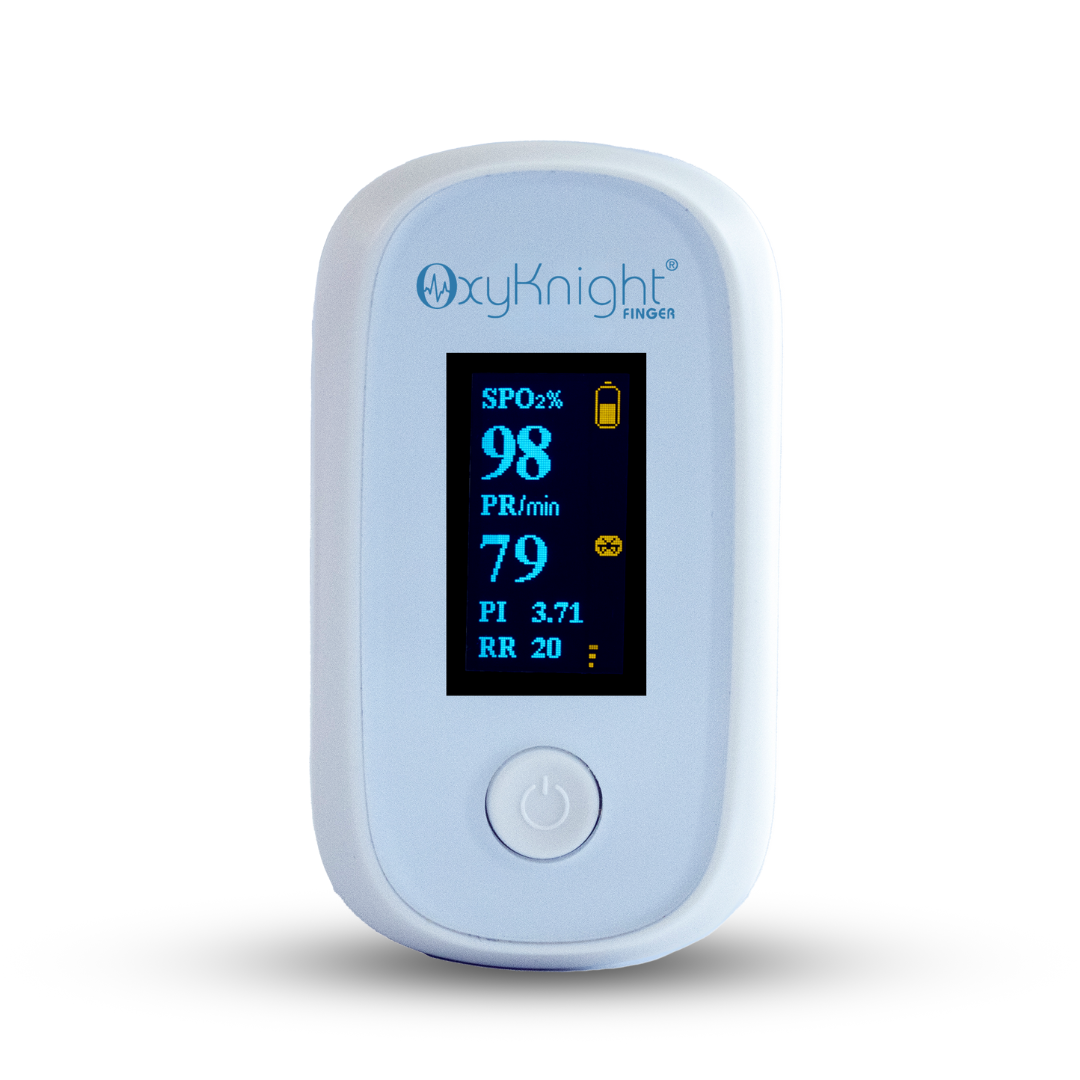












Leave a comment